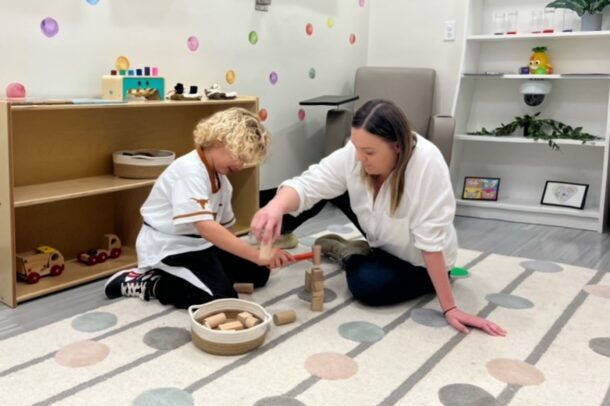
Physiological Synchrony Between Teachers and Young Children (TCS)
Very young children are unable to manage frustration alone. They rely on support, known as co-regulation, from caregivers. Studies have shown that during co-regulation, matching happens between parents’ and children’s physical systems, including their heart rates. And this physical matching, or synchrony, is associated with how children manage their emotions. Children spend significant time in the care of teachers, and sometimes they feel frustrated at school. This study was the first to examine physical synchrony, measured as heart rate, during co-regulation between teachers and young children.

Physiological Synchrony Between Parents and Young Children (TCS)
A follow-up to our teacher-child dyads (TCS), we further examined this same relationship between parents and their young children. This study allowed us to be the first researchers to explore children’s physiological synchrony with both teachers and parents and its associations with children’s emotion regulation skills. We expect it to extend current understandings of (a) dyadic physiological synchrony (b) its relations to children’s independent emotion regulation skills, and (c) teacher- and parent-child interactions.
